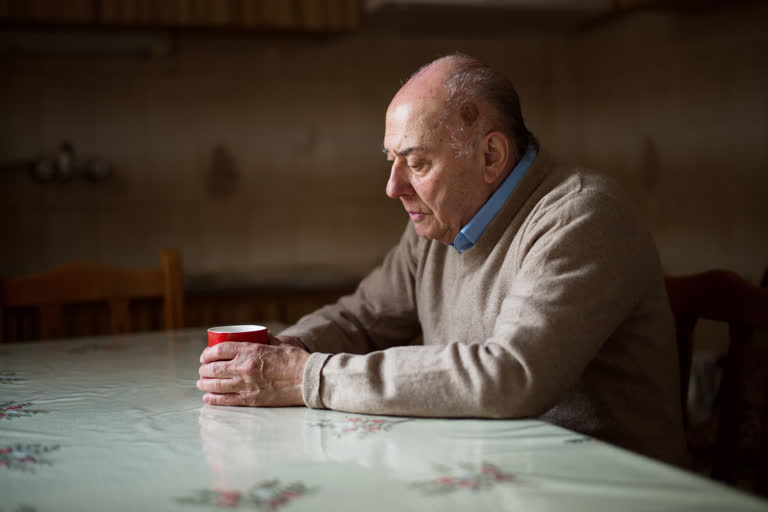Loneliness is a global phenomenon. As per a report, in the USA, more than one-third of adults above 45 years of age feel lonely, and nearly one-fourth of the elderly above 65 years are considered to be socially isolated. In India, over 40 million elderlies are aged 70 years and above. As the population in India ages, more and more seniors will be at risk for concerns related to mental health and social wellbeing, believes Neha Sinha, Dementia Specialist and CEO and Co-Founder of Epoch Elder Care.
Very often we see the terms loneliness and depression interchangeably used especially in the context of the elderly. When an elderly is quiet or does not share or talk, it is written off as depression. It's important to understand what Clinical Depression actually is.
Depression is a mental health disorder and much more than just 'low mood'- it is also the continued feeling of hopelessness over weeks combined with lack of sleep and appetite. There are many causes of clinical depression and it could be a combination of social, psychological, and biological factors. If you are clinically depressed, you may have all like-minded friends in front of you, but you will still not want to talk to them.
Depression is biological in nature and often needs medication. Loneliness, on the other hand, is the feeling of not 'being connected' and lack of affection in current relationships. Loneliness is an important indicator of social wellbeing and feeling isolated.
Unfortunately, loneliness is even seen as a 'hallmark' of aging. It is never caused because of a single reason but an array of multiple factors. Death of a loved one (spouse, friends, and worst, at times, even one's own child), restricted mobility preventing elders from stepping outside, and chronic illnesses leading to poor quality of life are circumstances seen commonly. In addition, slow processing of information, technological inadequacy, or reduced sight and hearing do play a role as well. In the year of the pandemic, social distancing and lockdown due to Covid-19, adversely impacted the elderly worldwide, said Neha Sinha.
